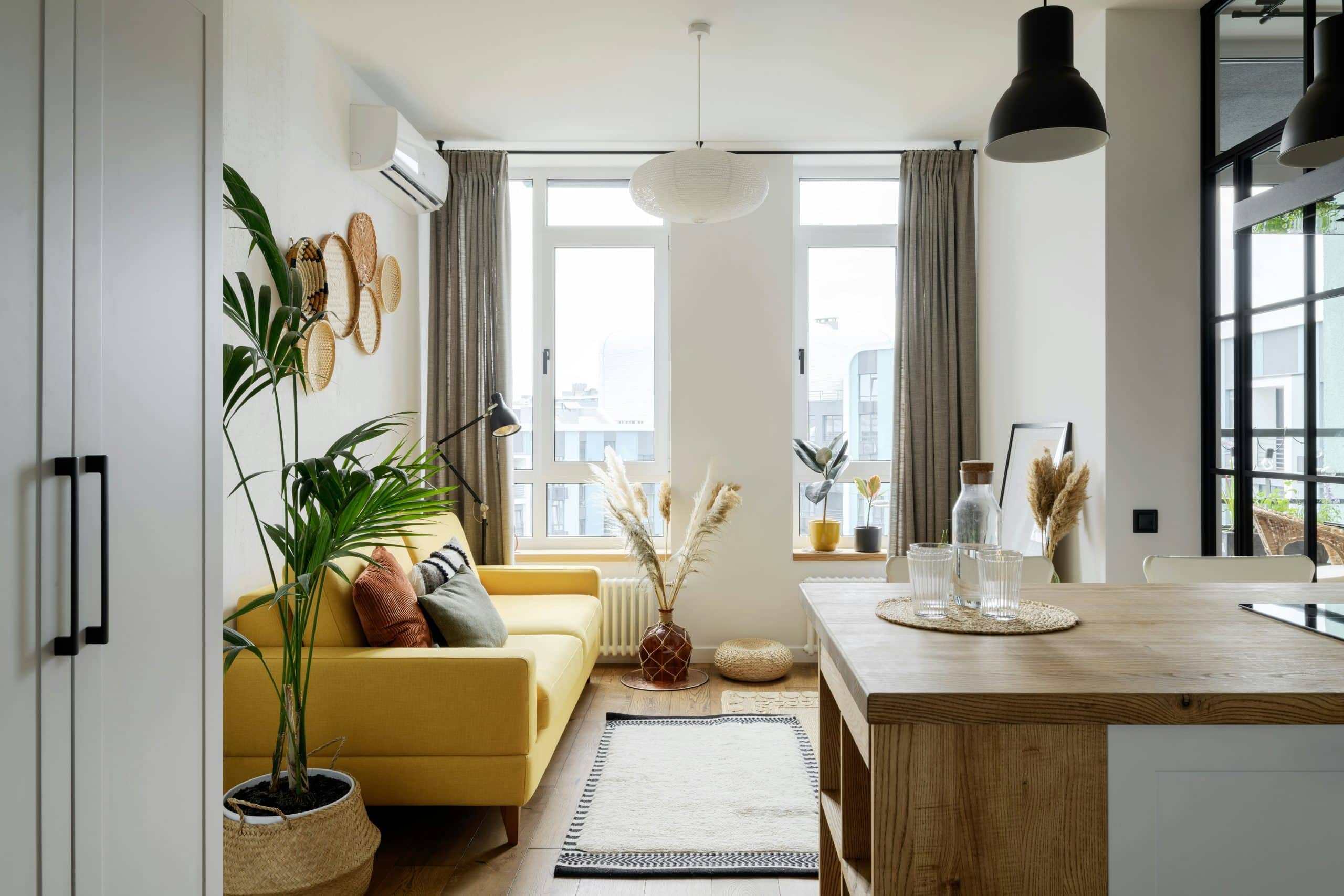LISS panel Grant 2023. Authors: Maha Moustafa Habib Abdelraouf, Maarten van Ham, Marjolein van Esch (TU Delft – Bouwkunde), Maarten van Ham , TU Delft – Bouwkunde (TUD-BK), Marjolein van Esch, TU Delft – Bouwkunde (TUD-BK).
Elevated summertime temperatures disproportionately affect marginalized communities, particularly in urban regions. Generally, urban areas are warmer than rural surroundings, and vulnerable populations tend to reside in densely populated areas with significant heat buildup. Frequent heat exposure, limited resources, and inadequate heat-coping behaviors among at-risk residents result in adverse effects. This disrupts their sleep, hampers concentration, and limits carrying out valued activities. Additionally, there are other challenges, such inadequate green spaces, as poor air quality and suboptimal housing conditions, all of which augment the effects for vulnerable populations. Our research has two objectives: first, we aim to identify vulnerable groups at risk of various heat exposures within their places of residence and their nearby surroundings. Second, our study comprises of an experiment to test the effectiveness of tailored heat-mitigation recommendations in enhancing participants’ knowledge, thereby empowering them as informed citizens, and enabling their effective participation in public initiatives and policymaking.
Photo by Yevhenii Deshko
